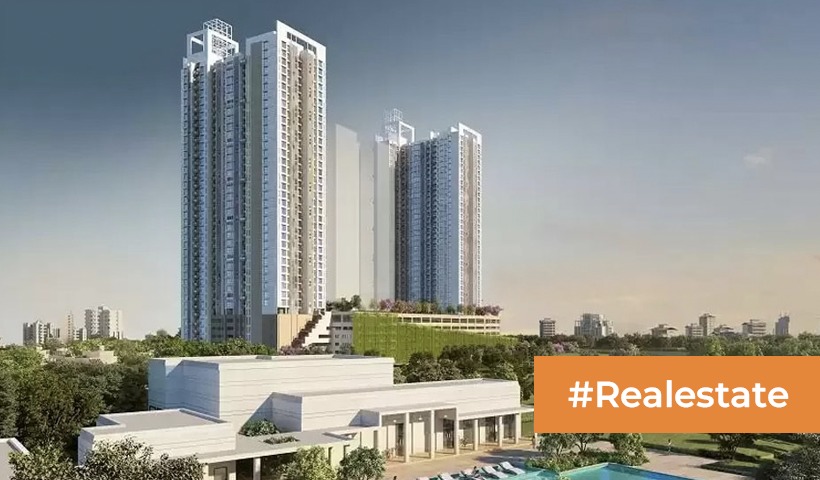Making Sense of Space: A Guide to Carpet, Built-up, and Super Built-up Areas
In the complex realm of real estate, potential homebuyers often find themselves grappling with a myriad of terms that can be as confusing as they are crucial. Among these, three terms stand out—Carpet Area, Built-up Area, and Super Built-up Area. In this comprehensive guide, we will delve into the intricacies of these concepts, providing you with a clear understanding to make informed decisions when venturing into the real estate market.
Carpet Area: Unveiling the Core Space
Carpet Area is not just a term; it’s a pivotal factor that directly impacts your living experience. This area represents the actual usable space within your home—essentially the area where you can spread your proverbial carpet. It excludes the thickness of internal walls and common areas, focusing solely on the space that you, as a homeowner, have complete control over.
When you step into a property with a specified carpet area, you’re entering the space where your furniture will find its place, where your daily activities will unfold. It’s the tangible living space that caters directly to your needs, providing an accurate measure of the area that’s exclusively yours.
Built-up Area: Beyond the Core Space
While Carpet Area gives you a sense of the innermost sanctuary of your home, Built-up Area extends the narrative to encompass a broader scope. This includes the total area covered by the walls, internal partitions, and service areas. In essence, Built-up Area encapsulates everything within the four walls of your property.
Understanding Built-up Area becomes crucial for budgeting and planning purposes. It’s the metric that developers use to calculate the cost of construction, as it takes into account the entire space covered by your property, offering a holistic view of the structural footprint.
Super Built-up Area: The Comprehensive Perspective
Now, let’s step into the realm of Super Built-up Area, often regarded as the most encompassing metric. This metric not only considers the core living space (Carpet Area) and the structural components (Built-up Area) but also accounts for shared spaces and amenities within a residential complex.
Super Built-up Area includes common areas like corridors, lifts, stairs, and lobby spaces. Additionally, it incorporates shared amenities such as gardens, swimming pools, and community halls. Developers use this metric to distribute the overall maintenance cost among all the homeowners in a complex.
Choosing the Right Metric for You
Understanding the differences between these three metrics is paramount when making real estate decisions. The choice between Carpet Area, Built-up Area, and Super Built-up Area depends on your preferences, lifestyle, and budget.
- If you prioritize having a clear understanding of your exclusive living space, Carpet Area should be your focus.
- For a more holistic perspective, including the total constructed area, consider Built-up Area.
- If you want to factor in shared spaces and amenities within a residential complex, Super Built-up Area is the metric to consider.
Conclusion: Empowering Your Real Estate Decisions
In the intricate tapestry of real estate terminology, distinguishing between Carpet Area, Built-up Area, and Super Built-up Area is instrumental in making informed decisions. Each metric serves a unique purpose, catering to different aspects of your living experience. By understanding these nuances, you empower yourself to navigate the real estate landscape with confidence and clarity.
Disclaimer: The views expressed above are for informational purposes only based on industry reports and related news stories. PropertyPistol does not guarantee the accuracy, completeness, or reliability of the information and shall not be held responsible for any action taken based on the published information.




